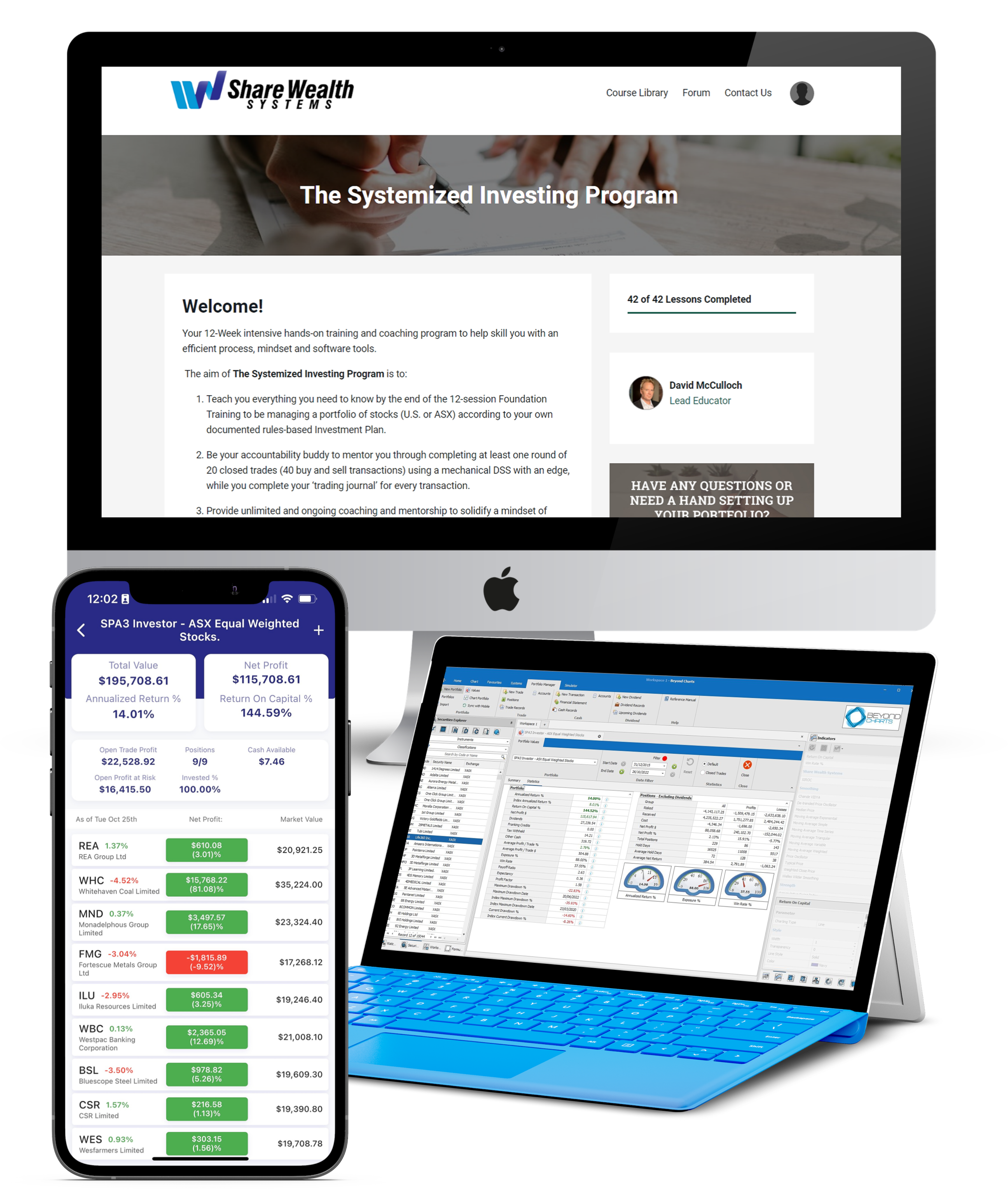These days there are acronyms for absolutely everything and it’s no different in the share market!
What is an ETF?
ETFs stand for Exchange Traded Funds. They are a type of investment that can be bought and sold, just like shares, through your stockbroker or an online trading account.
Think of ETFs like a basket of different stocks, similar to a managed fund. ETFs can be themed. For example you might buy an index that tracks the top 200 Australian shares, international shares, foreign exchange or commodities.
What is the difference between ETFs, stocks, and managed funds?
ETFs can be an easier way to diversify your investments, generally with lower fees than the traditional managed funds which are controlled by investment companies.
Investing in ETFs instead of managed funds also means that you have more control over where your money goes and it takes out the human element of managed funds, lowering the risks associated with human error. Managed fund investment typically requires that a prospectus form is completed and sent to the fund manager, sometimes via a financial planner who might charge additional fees. ETFs are ‘exchange traded’, as mentioned above.
ETFs are made up of many individual stocks, meaning you can have a varied portfolio that distributes risk over numerous stocks. Compared to individual stocks, ETFs are good for beginners because they can be less volatile.
There are a large number of ETFs available, but we advise investing in the more actively traded ETFs with high daily volumes and liquidity. Currently, there are over 50 ETFs listed on the ASX.
What are the benefits of ETFs?
EFTs can be an easy, low-cost way to enter the market, making them suitable for new investors! Here are a few reasons why we love ETFs…
Diversified Investments
With EFTs, you have essentially bought into a small piece of several companies so your risk is spread across a number of different shares. This means that you are less likely to experience big shocks overnight in a single stock that can potentially ruin your investment portfolio.
Simplicity
ETFs are straightforward, simple, and easy to understand and are a good option for new investors to enter the market with less risk.
Accountability
The company sponsor/creator of the ETF publishes the list of assets in the fund on a daily basis. Most managed and mutual funds tend to publish the constituents of the fund on an infrequent basis and are not known for their transparency.
Are you interested in learning more about ETFs? Look out for our next blog: Explaining ETFs Part Two coming soon!


